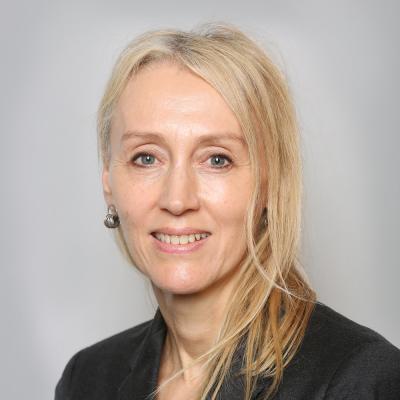
Given the very challenging picture in the UK both for health and health care, what will be our contribution in 2016? Our mission is broad – to turn into reality ideas that improve the health and health care of people living in the UK.
Our programme of work majors on ways to make successful improvements to health and health care from the front line to system level. The unifying theme of the Foundation is to use policy levers, data and improvement techniques more synergistically, and (the latter two) on a far bigger scale than the NHS has ever seen.
In health care our core offer is to make grants available to front-line teams in the health service to make the improvements they can see are needed to the delivery of care. We do this through open call programmes for testing innovations, scaling up and spread.
We are seeing the number of applications rise sharply, pleasingly from primary community and mental health providers as well as acute trusts and collaborations wanting to develop new models of care. In our experience, scaling up and spread of successful initiatives are more challenging than innovation. We will be focusing on spread far more this year and exploring whether social franchise and social investment models have potential to be impactful in this area.
Making change is far more challenging than identifying what to change.
Put simply the NHS often relies on ‘type 1’ tools to prompt change, such as targets, performance incentives, and regulation. (See our Constructive comfort report and The King’s Fund’s Reforming the NHS from within report for more on this.)
‘Type 2’ approaches (eg quality improvement techniques used by clinical staff with real time data) are not yet universally understood and fully exploited, however the potential for scale and patient benefit is huge.
Our role in 2016, based on our lessons and insights to date, is to give a stronger voice to the ‘type 2’ approaches, invest in these approaches with others, and demonstrate impact. We will collaborate with and encourage a range of partners to do this. We have funded programmes of research in informatics, efficiency, and behavioural insights, all of which are underway in 2016.
For example we will help build the skills and knowledge of people in the health service, particularly in front-line care, in formal ‘quality improvement’ skills (QI).
Our Q initiative, co-funded with NHS England, is identifying people with expertise in improving health and care quality and helping them to network with peers, share ideas, enhance their skills and work on quality improvement challenges together. We’ll continue to work with the Royal Colleges and other clinical groups to develop QI skills. We will boost the capacity for people working in health services to improve ‘flow’ of patients across care pathways, through investing in flow coaching in Sheffield, Warwick and Bath. Our fellowships to help develop leaders in improvement are an important part of our work in this area and we will be reviewing our offer to come back with a refreshed fellowship programme in early 2017.
The theoretical and empirical research work underpinning these ‘type 2’ approaches is undeveloped in the UK, and goes beyond what is traditionally described as health services research. The Health Foundation has invested significantly over the past decade to try to strengthen the foundations of this emerging ‘improvement research’. We believe it is now time to boost this work further – in 2016 we intend to found an independent Institute for Improvement Research which can develop this applied field over the next decade, along with a vibrant community of researchers and leaders.
Meanwhile in the Foundation, we will be exploiting data and developing the use of quantitative analysis to assess the progress of complex service changes in near real time. We’ll feed back to groups pioneering change and develop a network of existing analysts. You can read more from our Director of Data Analytics Adam Steventon on this subject here.
In areas of policy, we will continue to work on headline issues of quality and finance. We will report independently and regularly on what is happening to the quality of care at a national level in England given the financial squeeze, through our QualityWatch programme with the Nuffield Trust, and other activities. Similarly we will report independently on the state of NHS finances.
In-house policy and economic analyses will major on key themes where there could be more coherence in policy initiatives – such as national quality initiatives, and the national system for developing workforce policy. We will also be working on a range of other hot topics such as the progress of devolution within England, new models of care, and options for sustainable funding of the NHS.
To help develop the capability of UK policymakers, we will in 2016 begin to co-fund the Harkness Fellowships Programme with the Commonwealth Fund and NIHR, and are setting up a European Policy Fellowship with the Bosch Stiftung and Careum Foundations in Germany and Switzerland.
Finally, we are called the Health Foundation, and we want to contribute to making the UK’s population a healthier one. In 2016 we begin a year of reconnaissance and discussion as to the state of population health, and what may be the most impactful innovations for us and others to invest in from 2017. We start in January by joining forces with Robert Wood Johnson Foundation and the Salzburg Global Seminar bringing together international leaders to question why we are hooked on health care and how governments might act differently to make a bigger positive impact on health.
Join us for what will be a creative and defining year for the Foundation. Here are some ideas how.
Work with us
We look for talented and passionate individuals as everyone at the Health Foundation has an important role to play.
View current vacanciesThe Q community
Q is an initiative connecting people with improvement expertise across the UK.
Find out more

